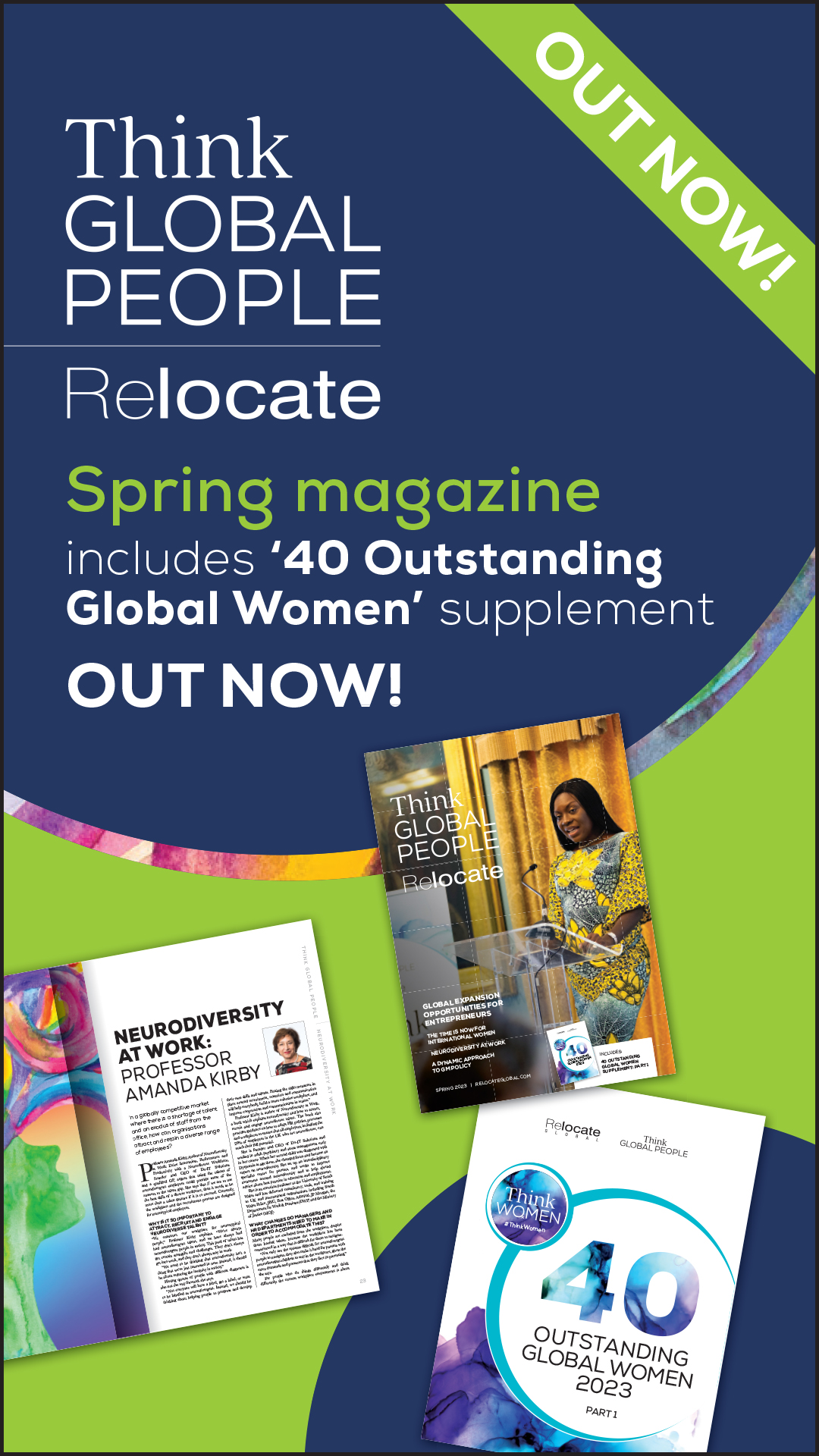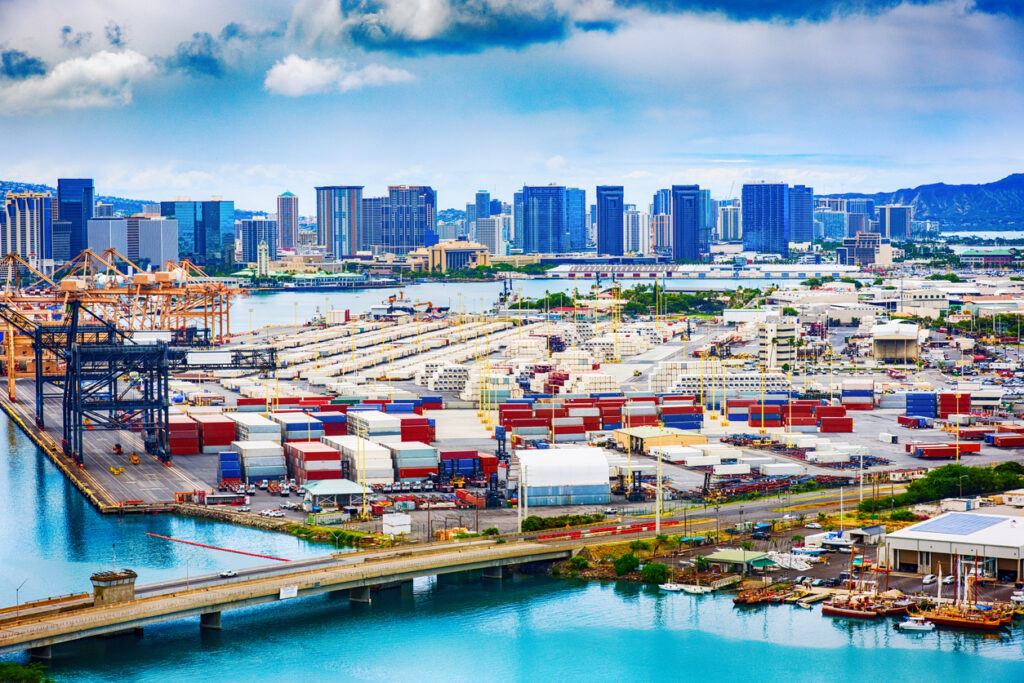UK joins ‘dynamic’ Pacific Rim trade group
After almost two years of negotiations, the UK is set to become the first European nation to join the Pacific Rim free trade organisation, the Comprehensive and Progressive Trans-Pacific Partnership (CPTPP). David Sapsted reports.
Acceptance in principle of the UK’s application to join the 11-nation association – currently comprising Australia, Brunei, Chile, Japan, Malaysia, Mexico, New Zealand, Peru, Singapore, Vietnam and Canada – was announced on Friday 31 March, with full membership due to be ratified over the summer.
Hailed as a deal that “demonstrates the real economic benefits of our post-Brexit freedoms” by UK Prime Minister Rishi Sunak, the move has been welcomed by British trade organisations who see it as an opportunity to boost goods and services exports to a trading bloc of more than 500 million people, and which currently represents 13.5 per cent of global GDP.
While the short-term gains for the UK economy are likely to be modest, the potential of doing business with the rapidly-expanding Indo-Pacific region are regarded as enormous, not least because the likes of South Korea, Taiwan, Thailand and Uruguay also plan to join the bloc. China would like to join as well, though acceptance of their application is doubtful.
Additionally, if the UK is successful in sealing the hoped-for trade deal with India – the latest round of negotiations having been recently concluded in New Delhi – economists predict a further, significant boost for the UK economy.
“Joining the CPTPP trade bloc puts the UK at the centre of a dynamic and growing group of Pacific economies as the first new nation and first European country to join. British businesses will now enjoy unparalleled access to markets from Europe to the south Pacific,” said Mr Sunak.
Membership would reduce barriers to trade
The government said the deal meant that more than 99 per cent of UK goods exports to CPTPP countries would now be eligible for zero tariffs, “including key UK exports such as cheese, cars, chocolate, machinery, gin and whisky”.
Services, added a Downing Street statement, would benefit from a dramatic reduction in red tape. “UK firms will not be required to establish a local office or be resident to supply a service and will be able to operate on a par with local firms.”
Additionally, intra-company transfers will become simpler once membership is ratified.
Marco Forgione, Director-General of the Institute of Export and International Trade (IOE&IT), welcomed the deal, saying: “This agreement not only reduces trade tariffs for goods, but also sets new rules in areas such as services, investment, intellectual property, digital trade and advanced manufacturing.”
Henriette Gjaerde, a trade and customs relationship specialist at the IOE&IT, added: “The UK stands to gain access to fast-growing markets and major economies, as well as reduced trade barriers, increased foreign investment, improved regulatory cooperation, and stronger geopolitical ties by joining the CPTPP.
“This move could provide significant economic benefits to the UK, while also diversifying its trade relationships beyond Europe.”
“The UK stands to gain access to fast-growing markets and major economies, as well as reduced trade barriers, increased foreign investment, improved regulatory cooperation, and stronger geopolitical ties by joining the CPTPP.”
Henriette Gjaerde, a trade and customs relationship specialist at the IOE&IT
UK CPTPP membership a boost to business with the EU?
David Henig, Director of the UK Trade Policy Project, commented that while the deal will be billed as ‘global Britain in action’, it was also “increasingly obviously going to be Europe first, because of geography, because of Northern Ireland, and because that’s what our wider allies want”.
He added that, ironically, joining CPTPP could actually bolster the UK’s relations with the European Union. “Quite fascinating how the UK’s allies started to see our CPTPP accession as the way to mend our ties with the EU. This is not a story you’re going to read too much, as nobody particularly wants to brief it too strongly, but it has been quite fascinating to watch closely.”
Miles Celic, CEO of the financial services trade body TheCityUK, described joining such a strategically significant trade bloc as “a great achievement”. He said: “CPTPP members include many important growth markets for UK-based financial and related professional services, and membership gives British firms greater access to business opportunities in one of the fastest growing regions in the world.
“On formally becoming a CPTPP member, the UK will be able to work more closely with key Pacific Rim countries, including CPTPP members with which the UK currently has no bilateral Free Trade Agreement, such as Malaysia.
“Membership will open the way to developing pioneering approaches to digital trade, building regulatory cooperation and liberalising services trade. These are exciting growth areas for the 21st century and the benefits of membership will grow as more countries become CPTPP members.”
‘A real milestone’
Matthew Fell, interim Director-General of the Confederation of British Industry (CBI), said that joining the CPTPP represented “a real milestone” for British industry. “Not only does the agreement provide greater access to a group of fast-growth economies…but membership reinforces the UK’s commitment to building partnerships in an increasingly fragmented world,” he said.
“CPTPP countries and business need to work together to future-proof the rules-based trading system and stimulate growth with a focus on digital, services and resilient supply chains.”
William Bain, Head of Trade Policy at the British Chambers of Commerce, believed the agreement would open up new opportunities for businesses in both inward and external investment. He pointed out: “The UK has bilateral trading terms negotiated with nine of the eleven current members, but no agreements had previously been reached with Malaysia and Brunei, so they will be of particular interest.
“There are not many multi-national trade agreements like this one, so it is an interesting new prospect. We see particular relevance for small and medium-sized businesses in reduced costs to import components from member countries to use in manufactured goods for export through the rules of origin in the agreement.
“There are also generous terms for data flows which underpin an increasing part of international trade.”
Summing up the deal, UK Business and Trade Secretary Kemi Badenoch said: “Joining CPTPP will support jobs and create opportunities for companies of all sizes and in all parts of the UK. It is about giving British businesses improved access to the countries that will be gateway to the wider Indo-Pacific region which is projected to make up the majority of global growth in the future.
“CPTPP was created to grow and as a member, we will help shape its development and fight unfair and coercive trading practices. As more economies join the bloc, UK businesses will benefit from access to new markets.”
Subscribe now to Think Global People/Relocate magazine and read the article from David Sapsted ‘ Green Shoots: Business confidence is on the increase’ in the new Spring issue.






